As sustainability continues to rise as a priority in the fashion industry, eco-conscious consumers are looking for alternatives that combine style, quality, and environmental responsibility. Black jackets, a staple in every wardrobe, are no exception. Whether you’re seeking a versatile piece for everyday wear or a rugged jacket for outdoor adventures, sustainable black jackets are becoming increasingly popular in 2024. These eco-friendly options not only offer the timeless elegance of black but also align with a more conscious, environmentally-friendly approach to fashion. Here’s a look at some of the best sustainable black jackets available in 2024.
1. Recycled Materials: A Step Towards a Circular Economy
One of the most significant innovations in sustainable fashion is the use of recycled materials, and black jackets are no exception. Many brands are now producing outerwear made from recycled fabrics, such as polyester, nylon, and wool, diverting waste from landfills while maintaining durability and style.
- Recycled Polyester: Some brands use recycled polyester from plastic bottles or discarded garments to create high-quality, eco-friendly jackets. These jackets are just as durable, water-resistant, and breathable as their traditional counterparts but with a much smaller environmental footprint.
- Recycled Wool: For colder climates, recycled wool is an excellent alternative to virgin wool. Not only does it offer the same warmth and softness, but it also reduces the demand for new wool production, which can be resource-intensive and raise ethical concerns about animal welfare.
- Recycled Nylon: Brands like Patagonia and The North Face are turning to recycled nylon for outerwear. Nylon, often used in jackets for its water-resistant properties, is now being sourced from post-consumer waste, such as discarded fishing nets and fabric scraps, to create durable, eco-friendly alternatives.
2. Vegan Leather Jackets: Pioneering Animal-Free Alternatives
For those who prefer a sleek, edgy look, vegan leather black jackets are an excellent option. Traditional leather production involves significant environmental costs, including deforestation, water waste, and harmful chemicals. However, vegan leather offers an alternative that is both stylish and sustainable.
- Apple Leather & Plant-Based Alternatives: Innovations like apple leather, made from the waste of apple production, and Piñatex (a fabric made from pineapple leaves) are gaining popularity in the fashion world. These materials offer a high-quality, animal-free alternative to traditional leather while being biodegradable and less resource-intensive.
- Recycled PU Leather: Many sustainable brands are now using recycled polyurethane (PU) leather made from post-consumer plastic waste. This allows brands to create stylish black jackets that have the look and feel of traditional leather without the environmental toll.
3. Organic Cotton Jackets: Breathable and Earth-Friendly
Cotton, though a popular natural fiber, has been criticized for its significant environmental impact due to water usage, pesticides, and labor practices. However, organic cotton jackets provide a sustainable alternative that uses fewer pesticides and requires less water.
- Certified Organic Cotton: When shopping for black jackets made of organic cotton, look for certifications such as GOTS (Global Organic Textile Standard) or OEKO-TEX. These ensure the cotton is grown sustainably, using non-GMO seeds and eco-friendly farming practices.
- Blends with Hemp or Tencel: For added durability and environmental friendliness, organic cotton is often blended with hemp or Tencel (a fiber made from sustainably sourced wood pulp). These blends result in jackets that are breathable, comfortable, and made with less environmental harm.
4. Eco-Friendly Down Jackets: Responsible Insulation
Down jackets are prized for their warmth, but the production of traditional down can raise ethical and environmental concerns due to the way ducks and geese are farmed. Fortunately, sustainable down alternatives are now available that prioritize animal welfare and environmental impact.
- Responsible Down Standard (RDS): Many brands, such as Patagonia, have embraced the Responsible Down Standard, which ensures that the down used in jackets is sourced from farms that do not practice live-plucking or force-feeding. This certification ensures humane treatment of animals while reducing the environmental impact of down farming.
- Synthetic Down Alternatives: For those who want to avoid down entirely, there are eco-friendly synthetic insulation options, such as PrimaLoft, made from recycled materials. These jackets offer comparable warmth to traditional down while being lighter and easier to care for.
5. Upcycled Jackets: Giving Old Materials a New Life
Upcycling is one of the most creative ways to make a black jacket eco-friendly. By taking old, discarded materials—such as vintage jackets, fabric scraps, or surplus textiles—and transforming them into new garments, upcycling helps reduce waste and encourages a circular approach to fashion.
- Upcycled Denim Jackets: Brands are increasingly using upcycled denim to create black jackets, giving new life to old pairs of jeans and denim scraps. This practice reduces the need for new raw materials while preventing old textiles from ending up in landfills.
- Upcycled Outerwear: Some companies specialize in upcycling old jackets and other garments into stylish new outerwear. These jackets often feature unique, one-of-a-kind designs and are perfect for those who value individuality and sustainability.
6. Eco-Friendly Dyeing and Finishing Processes
Traditional dyeing processes often involve harmful chemicals and significant water consumption, contributing to pollution. However, eco-friendly brands are taking steps to minimize their environmental footprint by using natural dyes and sustainable dyeing techniques.
- Natural Dyes: Some brands are turning to plant-based dyes, such as indigo, beetroot, or turmeric, to color their black jackets. These dyes are biodegradable and have a lower environmental impact compared to synthetic alternatives.
- Waterless Dyeing Technology: Some companies use innovative waterless dyeing techniques, which use no water or significantly less water than traditional methods. This reduces both water consumption and the environmental impact of dyeing.
7. Brands Leading the Charge in Sustainable Black Jackets
Several brands are leading the charge in creating sustainable black jackets that prioritize eco-friendliness, ethical sourcing, and durability. Here are some top choices to consider in 2024:
- Patagonia: Known for its commitment to sustainability, Patagonia offers a range of black jackets made from recycled materials and eco-friendly fabrics. The brand also adheres to fair labor practices and uses the Responsible Down Standard.
- The North Face: With a focus on sustainability, The North Face’s black jackets include options made from recycled polyester, nylon, and ethically sourced down. The brand is also pioneering initiatives to reduce its carbon footprint.
- Matt & Nat: For those seeking vegan leather black jackets, Matt & Nat is a brand committed to using plant-based and recycled materials. Their collections offer stylish, cruelty-free jackets made with sustainable practices.
- Reformation: Reformation is another brand that offers eco-friendly outerwear made from sustainable materials, such as organic cotton, recycled fabrics, and eco-friendly dyes. Their black jackets are both fashion-forward and sustainable.
Conclusion: A Fashionable Future for Sustainable Black Jackets
As we move into 2024, the demand for sustainable and eco-friendly black jackets continues to grow. From recycled materials and vegan leather to organic cotton and responsible down, there are plenty of options for consumers looking to make more conscious choices without compromising on style or quality. By investing in sustainable black jackets, you can enjoy timeless fashion while minimizing your environmental impact, helping to shape a greener, more ethical fashion industry for the future.
-
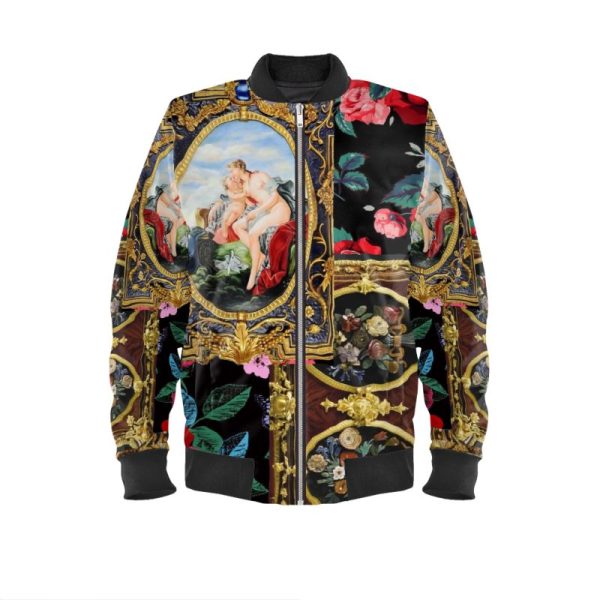 Satin Designer Bomber Jacket$448
Satin Designer Bomber Jacket$448 -
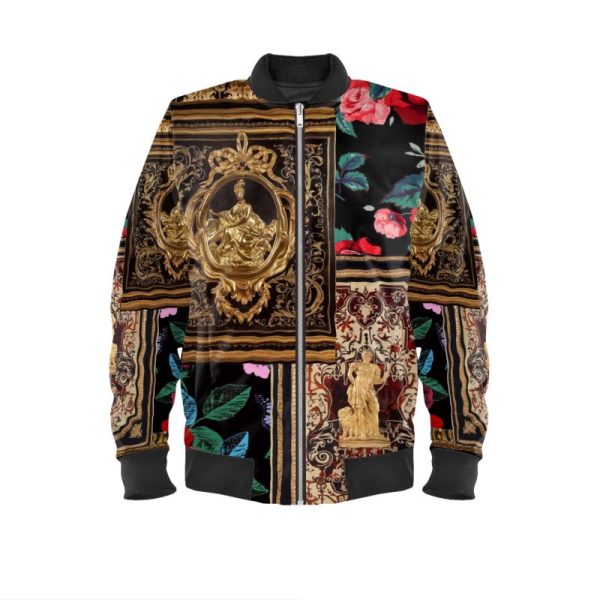 Satin Designer Bomber Jacket$448
Satin Designer Bomber Jacket$448 -
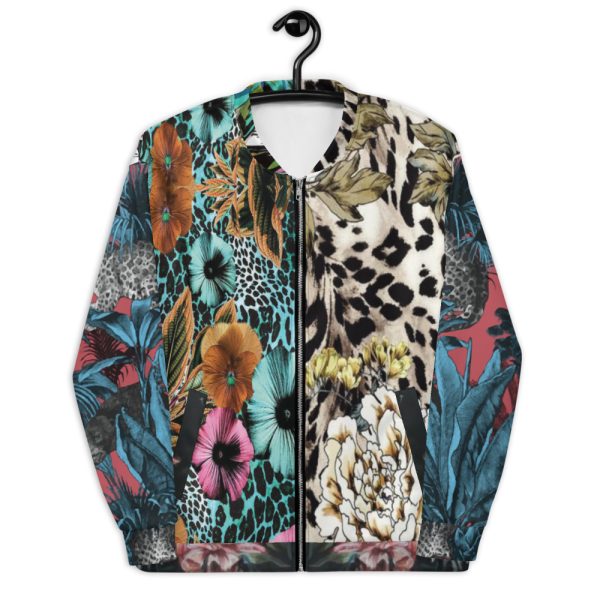 Bomber Jacket | Designer Luxury For Women & Men | Navy Blue Floral Red Turquoise$158
Bomber Jacket | Designer Luxury For Women & Men | Navy Blue Floral Red Turquoise$158 -
 Bomber Jacket | Designer Luxury For Women & Men | White Gold$158
Bomber Jacket | Designer Luxury For Women & Men | White Gold$158 -
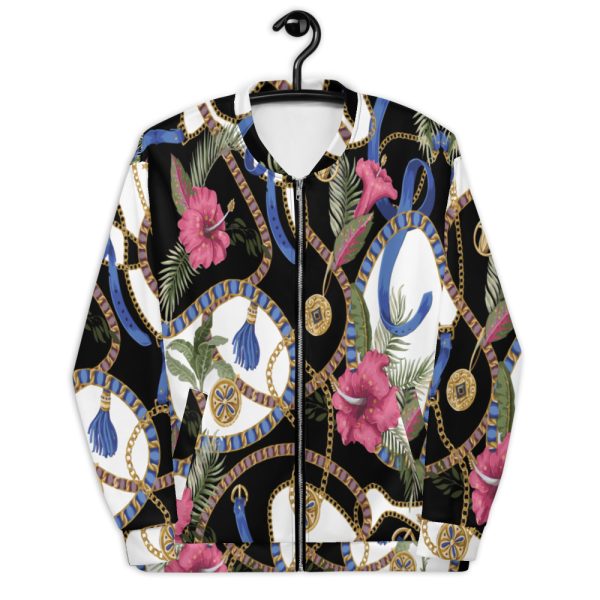 Bomber Jacket | Designer Luxury For Women & Men | Floral White Black$158
Bomber Jacket | Designer Luxury For Women & Men | Floral White Black$158 -
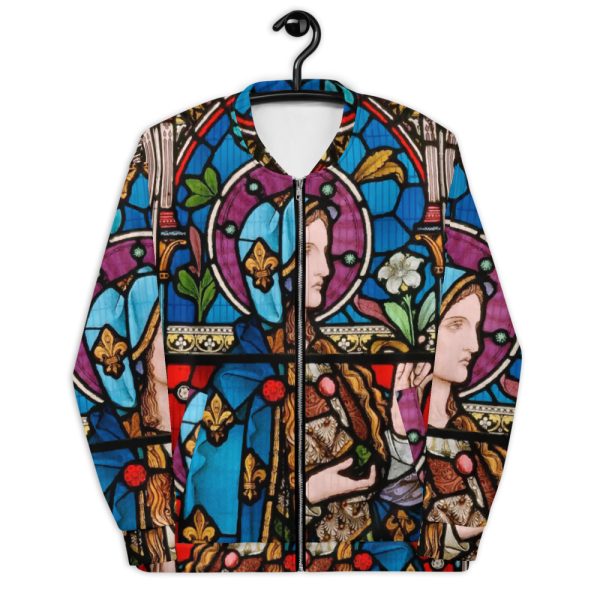 Bomber Jacket | Designer Luxury For Women & Men | Blue Purple Gold$158
Bomber Jacket | Designer Luxury For Women & Men | Blue Purple Gold$158 -
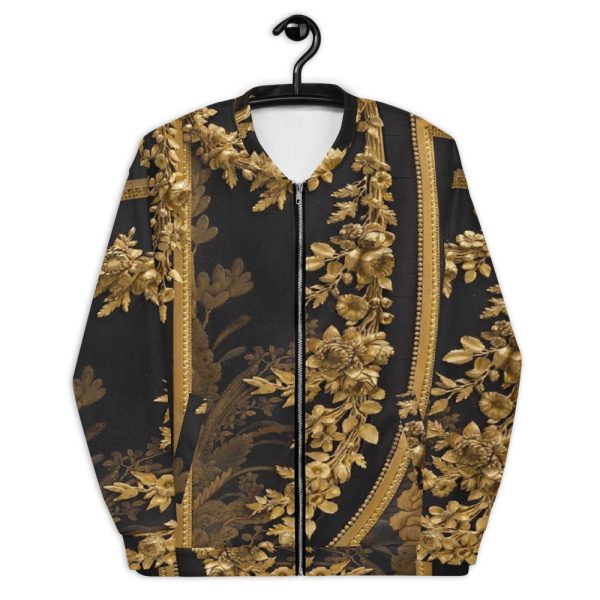 Bomber Jacket | Designer Luxury For Men & Women | Black Gold Baroque$158
Bomber Jacket | Designer Luxury For Men & Women | Black Gold Baroque$158 -
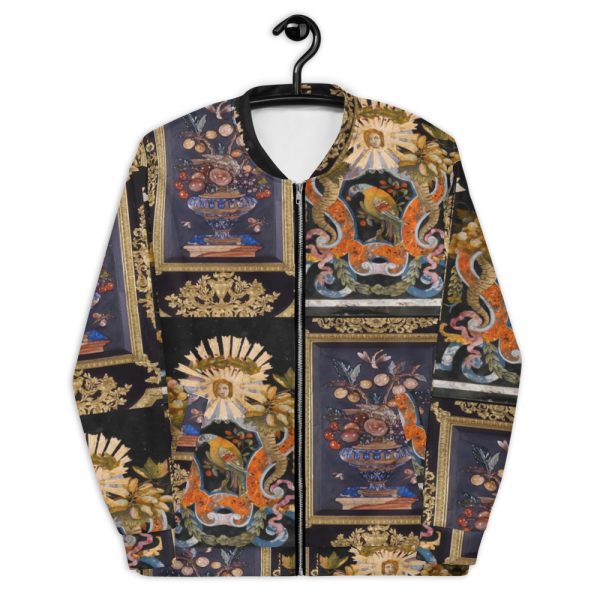 Bomber Jacket | Designer Luxury For Women & Men | Black Gold$158
Bomber Jacket | Designer Luxury For Women & Men | Black Gold$158 -
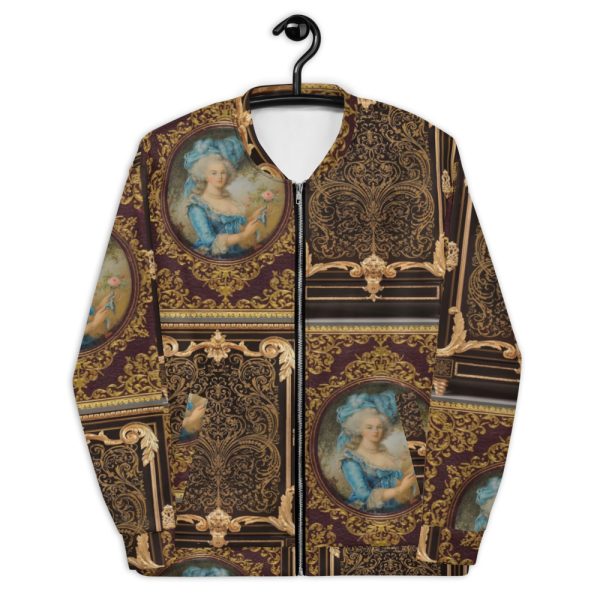 Bomber Jacket | Designer Luxury For Women & Men | Gold$158
Bomber Jacket | Designer Luxury For Women & Men | Gold$158
